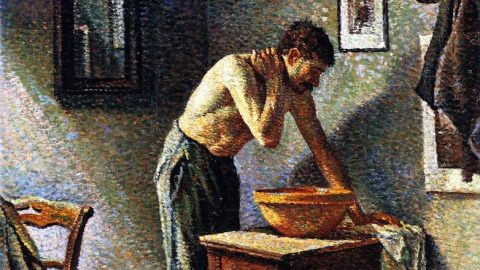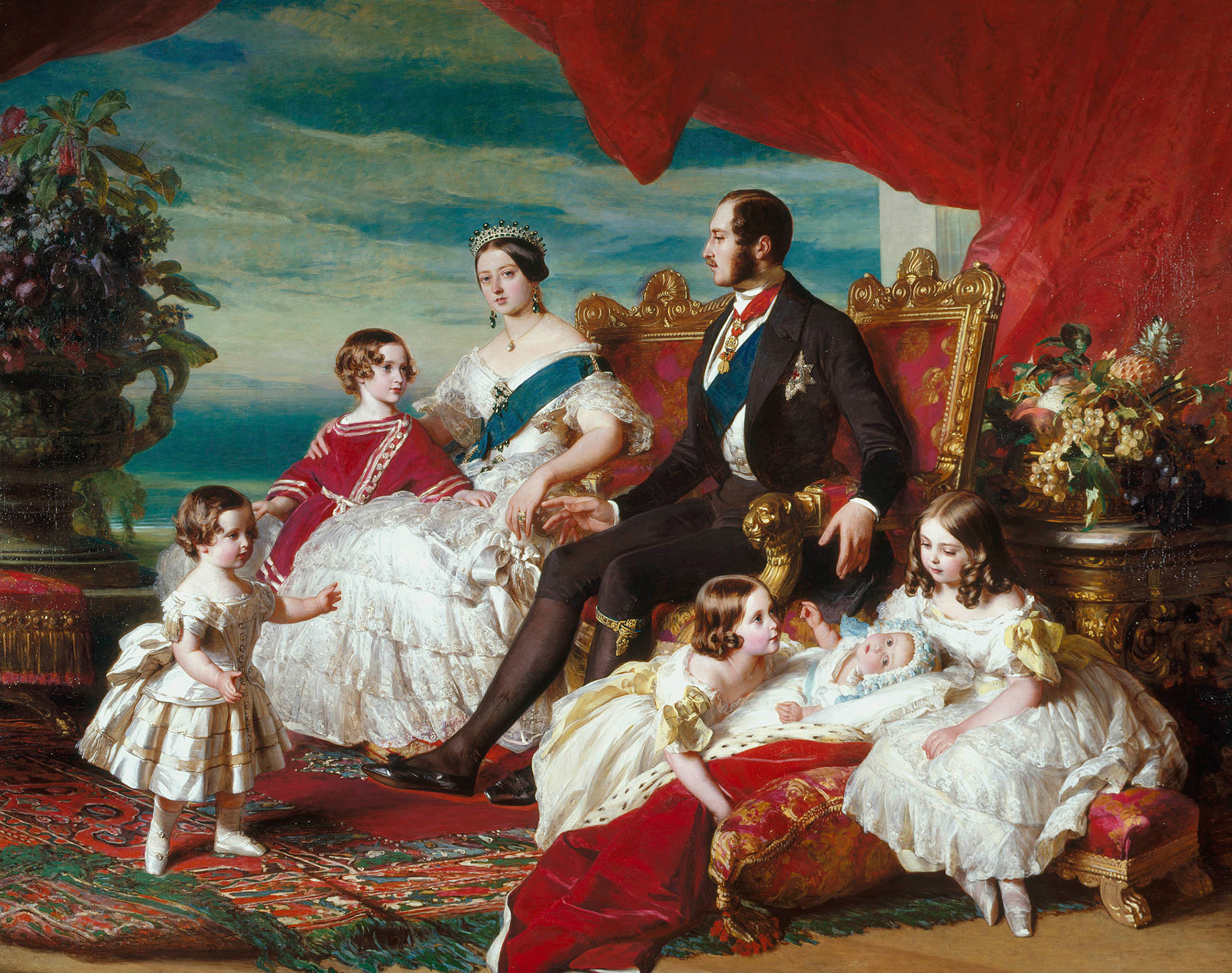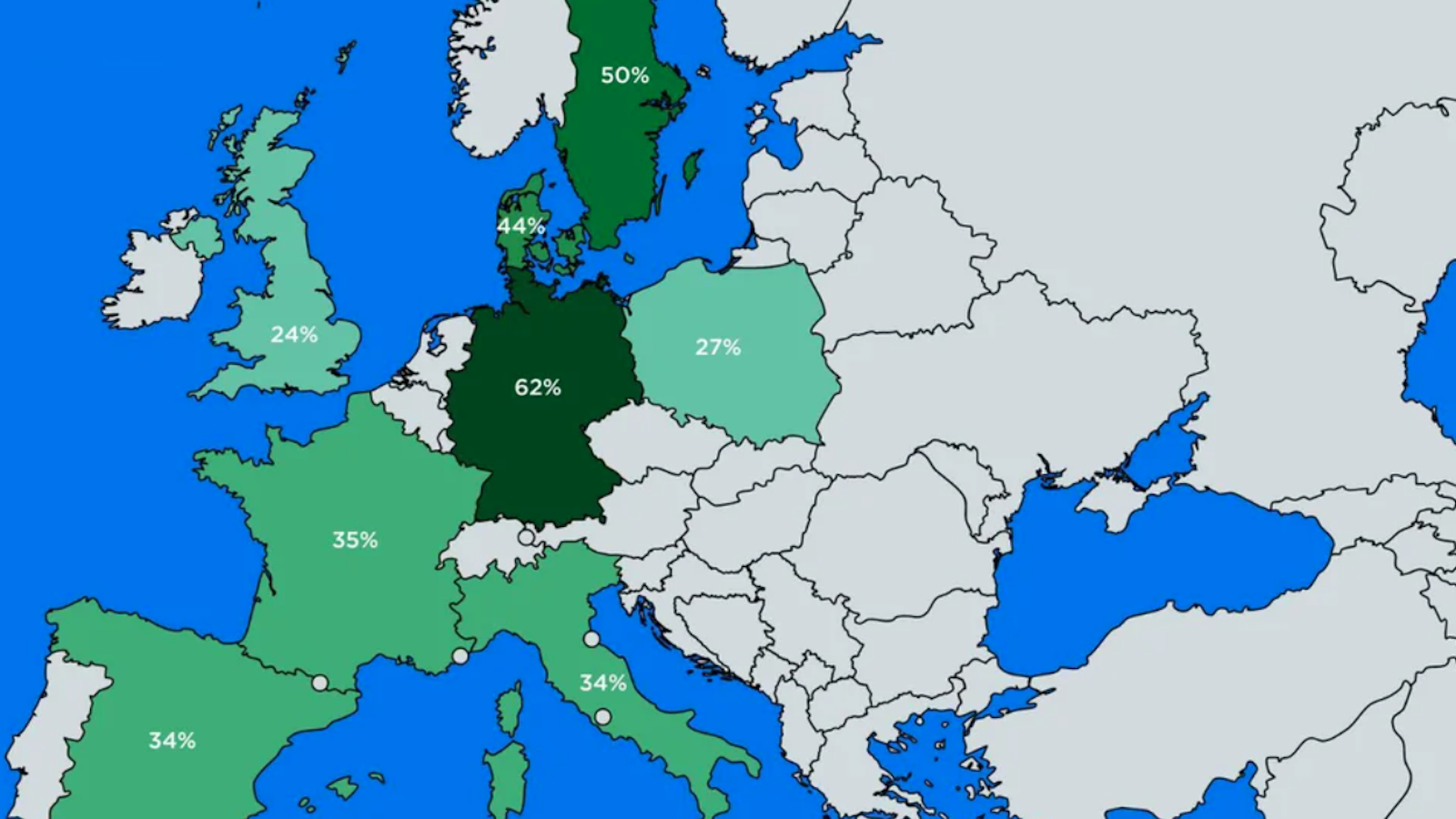A century ago in France, smelling bad was a sign of health and vitality

The industrializing world changed in all sorts of remarkable ways. And, as historian Steven Zdatny writes, one way that would be immediately obvious if we could time-travel back to the mid-1800s, is the smells. Zdatny takes the example of France, where intense personal odors went from utterly unremarkable to completely unacceptable.
In nineteenth- and early twentieth-century France, Zdatny writes, many people simply never washed. Peasants often considered dirt protective and sweat cleansing, and they viewed strong body odor as a sign of health and sexual vitality. In cities and suburbs, there was rarely an easy way to wash, even if you were so inclined, and no way at all to dispose of human waste in a sanitary fashion. In addition, body shame was a powerful force for people of all classes across the country, and some authorities warned that baths could lead to “evil thoughts.” These ideas didn’t die easily. One woman explained that, living in a Carmelite convent even as late as the 1930s, washing any part of the body besides the hands, face, and feet was viewed as “mortal sin.”
But, starting in the mid-nineteenth century, schools began teaching hygiene. It was slow going. A teacher at a village school in 1924 discovered that none of his students had ever used a toothbrush.
Another site of hygiene education was the military. Officers had long complained about recruits being physically unfit, partially because of a lack of hygienic practices. After France’s defeat in the Franco-German war of 1870–71, the army stepped up its efforts to address this, installing plumbing for toilets and showers in its barracks, ridding the beds of lice, and training soldiers in the use of toothbrushes and the regular changing of underwear. Many soldiers retained the popular belief in the advantages of grime and the shamefulness of nudity, but military service wore these ideas away to some extent. The young men often returned to their communities with new attitudes toward washing.
A teacher at a village school in 1924 discovered that none of his students had ever used a toothbrush.
Still, even if educational and military initiatives successfully instilled hygienic habits, it did little good if there was no way to wash. So officials began building sewer systems, cleaning dirty canals, and insisting that landlords connect their buildings with water and sewer systems. Resistance was significant as local governments and landowners balked at the cost. But, gradually, millions of French families gained access to running water. The health effects were unmistakable. In particular, infant mortality fell 64 percent between 1901 and 1948.
After World War II, a variety of forces pushed for greater cleanliness. A boom in residential construction meant more new houses with bathrooms. The postwar years also brought an influx of advertising, for everything from paper towels to deodorant. And growing access to consumer credit encouraged the purchase of washing machines and other labor-saving appliances. Between new attitudes, technological change, and rampant consumerism, hygiene in France—and around the world—would never be the same.
This article appeared on JSTOR Daily, where news meets its scholarly match.





